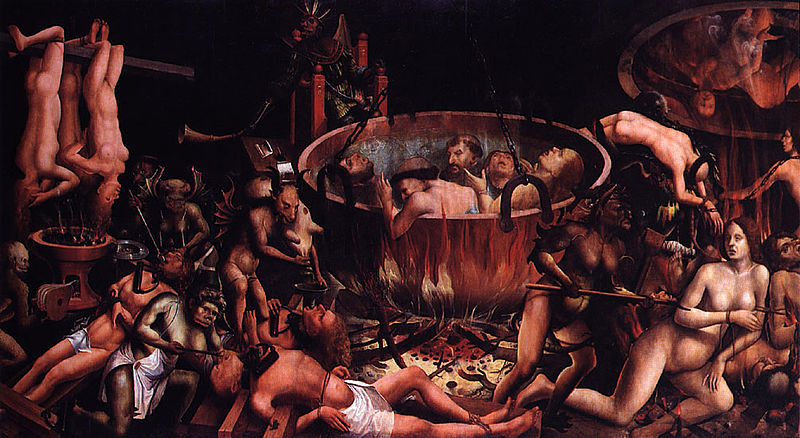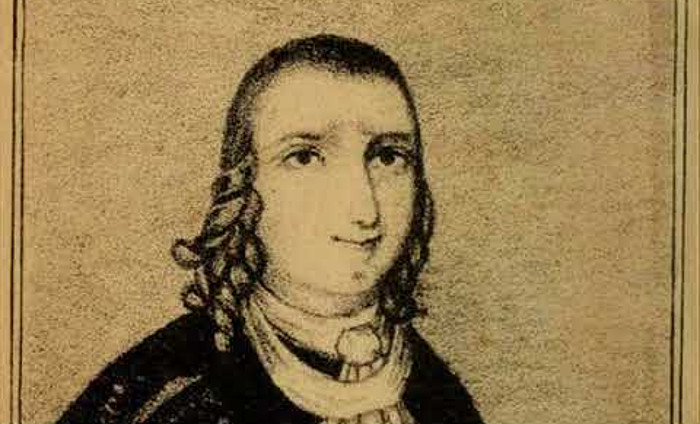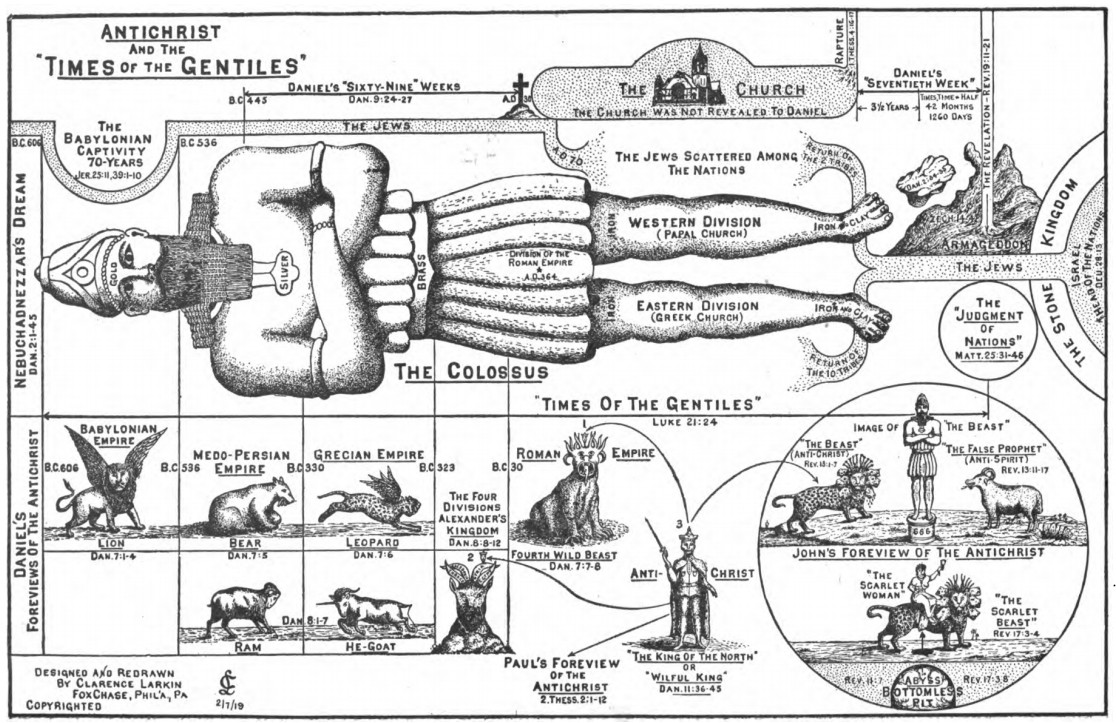
On his May 1997 final exam at the University of Oklahoma School of Chemical Engineering, a Dr. Schlambaugh asked, “Is hell exothermic or endothermic? Support your answer with proof.” Most students based their responses on Boyle’s law, but one gave this answer:
First, we postulate that if souls exist, they must have some mass. If they do, then a mole of souls must have a mass. So at what rate are souls moving into hell and at what rate are souls leaving? I think we can safely assume that once a soul gets to hell it does not leave. Therefore, no souls are leaving. As for souls entering hell, let’s look at the different religions that exist in the world today. Some of the religions state that if you are not a member of their religion, you will go to hell. Since there are more than one of these religions and people do not belong to more than one religion, we can project that all souls go to hell. With the birth and death rates what they are, we can expect the number of souls in hell to increase exponentially. Now, we look at the rate of change in the volume of hell. Boyle’s Law states that in order for the temperature and pressure in hell to stay the same, the ratio of the mass of the souls to the volume needs to stay constant. (1) If hell is expanding at a slower rate than the rate at which souls enter hell, then the temperature and pressure in hell will increase until all hell breaks loose. (2) If hell is expanding at a rate faster than the increase in souls in hell, then the temperature and pressure will drop until hell freezes over. So which is it? If we accept the postulate given to me by Theresa Banyan during Freshman year, ‘It will be a cold night in hell before I sleep with you’ and take into account the fact that I still have not succeeded in having sexual relations with her, then (2) cannot be true. Thus hell is exothermic.
“The student, Tim Graham, got the only A.”
(Dave Morice, “Kickshaws,” Word Ways 31:2 [May 1998], 140-149.)
01/28/2020 This is a legend, apparently starting at the Taylor Instrument Company in the 1920s and accumulating some entertaining variations since then. The text of the Applied Optics piece is here. (Thanks, Dan and Pete.)




